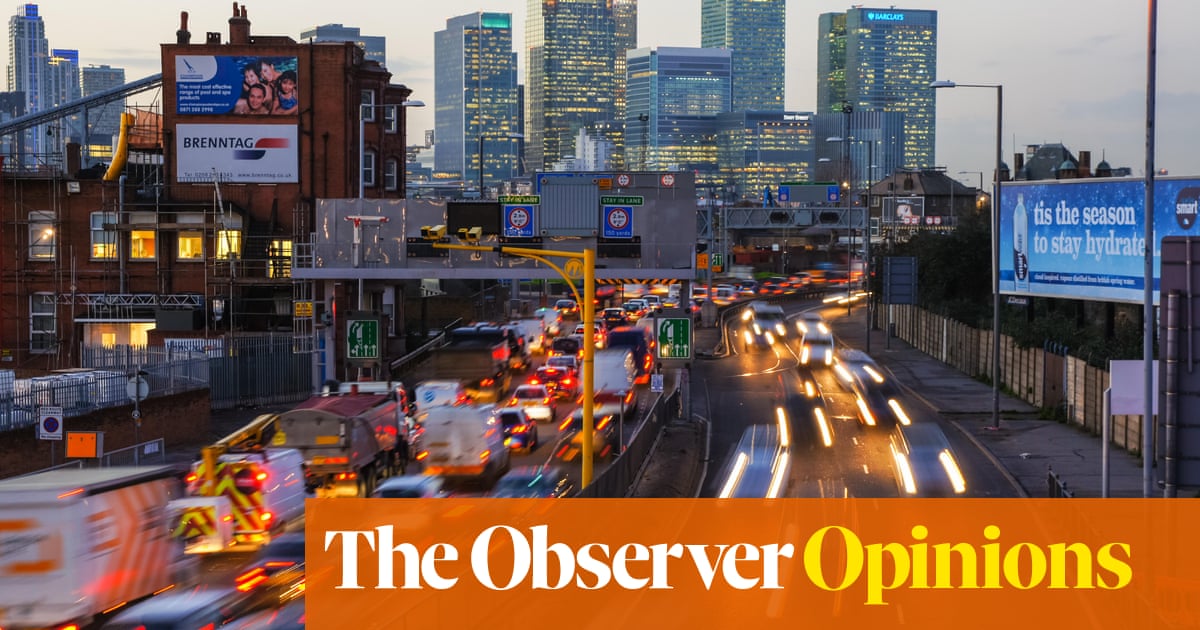Shortly after the Syrian civil war began in 2011, Jihad Abdo, a well-known actor in the Arab world, left his home in Damascus.
After being quoted criticizing government corruption in a Los Angeles Times article, he had been targeted by a string of threatening phone messages from callers claiming to be senior officers in the Syrian army. Leaving Syria would also mean leaving his younger brother and ageing parents. But amid the mounting intimidation, Abdo felt he had no choice.
“The air had become suffocating in Damascus with the recurring threats,” Abdo, 62, said. “The country I loved turned into a prison where stating the truth was treason and hope was kind of like a crime.”
His wife, Fadia Afashe, had been pleading with her husband to join her in safety in the US, where she was on a Fulbright scholarship. Abdo believed his celebrity status might lend him some protection – only to realize that even more prominent figures were being caught up in Bashar al-Assad’s crackdown on dissent.
Eventually, he fled to join Afashe in Los Angeles, describing the decision to leave as one of the hardest he had ever had to make.
In California, the actor, whose credits include 40 Syrian films and more than 1,000 episodes of television, was forced to start over again, working as a pizza delivery driver and changing his name to more palatable “Jay”.
“I lost almost everything – parents, career, friends, memory and even my cat. I was torn apart between hope and failure, between a bright future and dark destiny,” he said.
Like many Syrians, Abdo and Afashe never thought they would see the end of the Assad regime. But after a lightning campaign earlier this month, rebel forces overthrew the Syrian leader, who, after 13 years of torturing, imprisoning and displacing millions of his own people, fled to Russia.

“[I’m] free in a way I never dared to dream of,” said Abdo. “Not in those days when the walls of my homeland whispered fear and betrayal I could believe the tyrant is gone and the nightmare is done.”
After more than a decade in exile, the couple are, like many other Syrians abroad, contemplating the possibility of returning home – whatever home looks like now.
Abdo’s mother and father died in 2016 and 2018, respectively. He hasn’t seen his brother, a cellist, in more than a decade, apart from phone calls over a lousy connection. A friend, fellow entertainer and puppeteer Zaki Kordillo, was imprisoned during Assad’s regime alongside his son and brother-in-law. Abdo said he still has no idea if they are alive.
Abdo and Afashe both managed to build new lives in the US. Abdo’s acting career eventually got back on track and he has acted alongside Nicole Kidman, in Queen of the Desert, and Tom Hanks, in A Hologram for the King.
Afashe, a women’s rights activist, is now a US citizen, but she said the “scars of displacement” remain: “I find myself torn between two countries – one where I’ve built a life, and the other that will always hold my roots.
“The idea that I might soon embrace my parents once more, that I could walk the streets of my homeland, feels almost unreal,” she added.
Abdo expressed gratitude for the sacrifice of the young people who dared to take on Assad, and cautious optimism over the Syrian rebel leader Ahmed al-Sharaa, previously known by his nom de guerre Abu Mohammed al-Jolani.
Sharaa, the leader of the Hayat Tahrir al-Sham (HTS) rebel group, was once a member of al-Qaida in Iraq, but has struck a conciliatory tone, calling for Syrian unity, the protection of minorities and the disbanding of rebel factions. The US government last week lifted the $10m bounty on his head.
Syria is a diverse country, with a broad spectrum of ethnic groups, religions and languages, and Abdo echoed calls for the country’s new leaders to grant representation for all of these people.
“I demand seeing women making and taking decisions, and Syrians from all different ethnicities and religious differences and sects being seated together brainstorming a bright, bright future for this country.”
For members of the Syrian diaspora around the world, the fall of the Assad regime means bridging identities and reuniting with family, some of whom may have never met before.
Nadia El-Hillal, a dentist in Phoenix, Arizona, was born and raised in the US, but spent every summer as a child with her grandparents in Damascus and Daraa.
Those visits were a formative part of her childhood, but she still remembers the ever-present fear of denunciation by government informers or members of the secret police.
“Anytime anything was brought up about the government, it was very much, ‘hush hush’. Like, you can’t really comment. You couldn’t openly speak out against the government,” said El-Hillal, 37.
Now, she says, there has been a significant shift, and for the first time El-Hillal recently learned her uncles were once imprisoned.
“It’s almost like the lid of a pressure pot has been removed, and people can breathe and can talk about the things that people have gone through,” she said.
Now with children of her own, El-Hillal dreams of taking them to Syria.
“We’re already talking about it. We don’t know if this summer is going to be too soon,” she said. “Syria is a great place to just really immerse yourself in the Arabic language. That’s a goal for us and for our kids.”
She added: “With all the things happening in a Gaza, and just our focus on constant negative news, it was the first time in a long time that we felt just like a spark of hope.”

 3 months ago
55
3 months ago
55













































